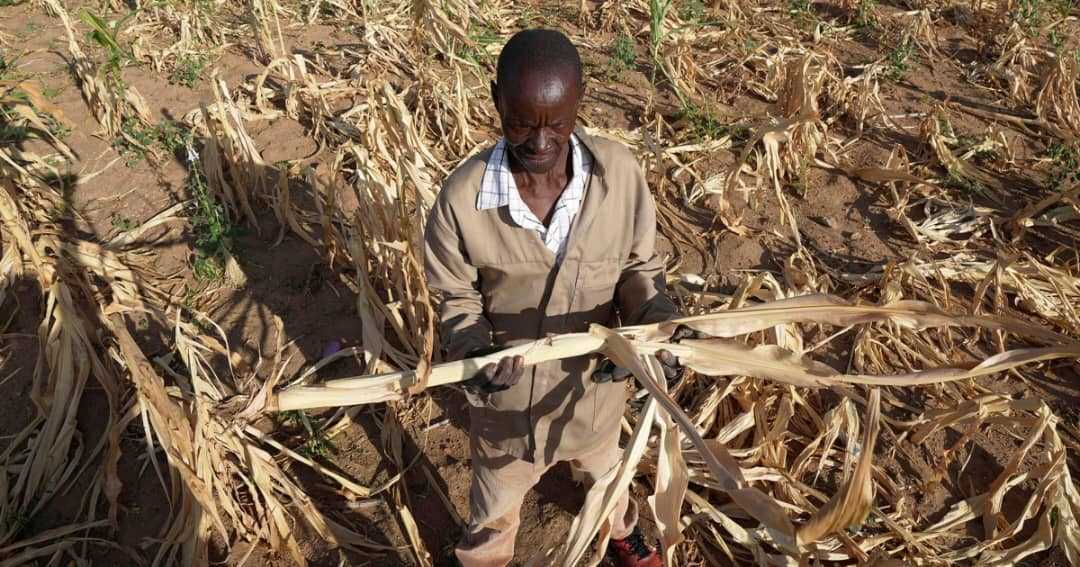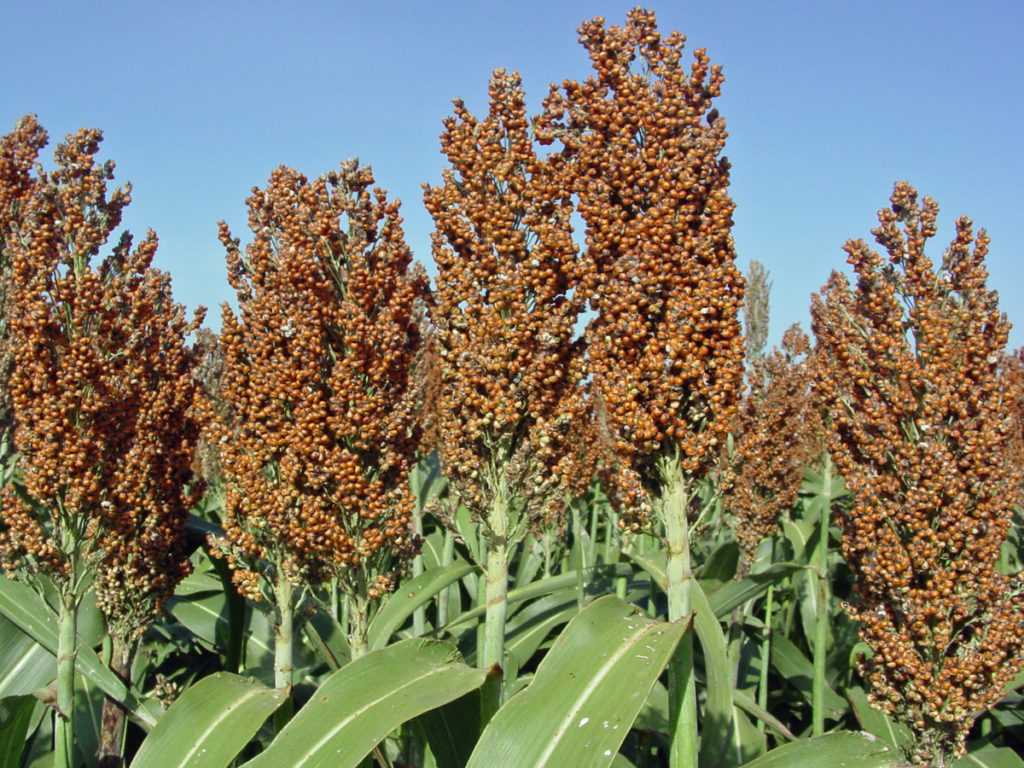
Nyashadzashe Ndoro
Zim Now Reporter
In a bid to address the country’s food security challenges, the government has announced a comprehensive plan to mitigate the effects of the El Nino-induced drought by addressing a projected food shortfall of 598 425 metric tonnes.
According to Information Minister Jenfan Muswere, the Cabinet on Tuesday adopted an update on the Summer Marketing and Winter Cereals Plan, presented by Minister of Lands, Agriculture, Fisheries, Water, and Rural Development, Dr Anxious Jongwe Masuka.
The plan aims to address a projected food shortfall of 598 425 metric tonnes, equivalent to a consumption level of 7.5kg per person per month, to 1 108 425 metric tonnes at a consumption level of 10kg per person per month.
The government has identified several strategies to bridge the gap, including:
Related Stories
Utilising existing stock held by individuals, private sector, and government, importing grain by government and private sector, producing winter cereals.
The government has also announced a wheat-based food security strategic intervention, which will reduce the import requirement by 486 000 metric tonnes, equivalent to US$189.5 million.
This will enable the government to deploy sufficient resources towards timely payments for local grain deliveries.
The private sector has also committed to importing 1 000 000 metric tonnes of grain between April 2024 and March 2025 to mitigate the effects of drought. As of April 25, 2024, the Grain Marketing Board stocks stood at 308 139 metric tonnes, including wheat available for sale.
Regarding summer crop marketing, a total of 6 998 metric tonnes of grains and oilseeds have been marketed to date. The government has also earmarked 142 000 hectares for irrigation, with various crops planned for winter production, including wheat, barley, maize/sorghum, and potatoes.
The government has assured the nation that sufficient plans are in place to provide affordable grains through sale or social welfare channels until March 2025, when the next harvest is expected. The government and stakeholders are tracking 11 winter wheat production enablers to ensure successful implementation of the plan.
The plan aims to address the country’s food security challenges amidst the El Nino-induced drought and ensure that citizens have access to affordable grains.



















Leave Comments